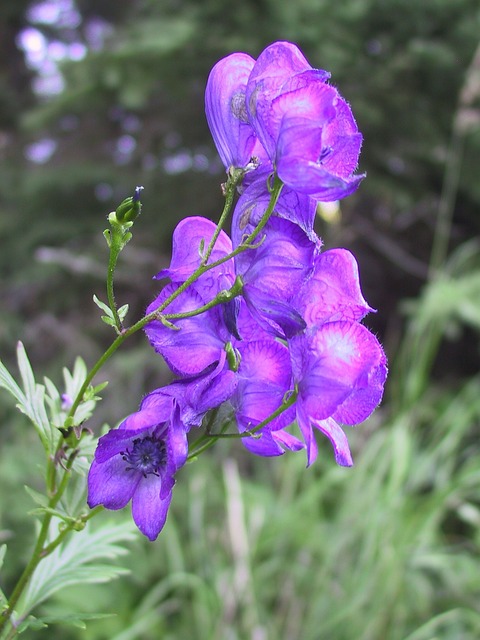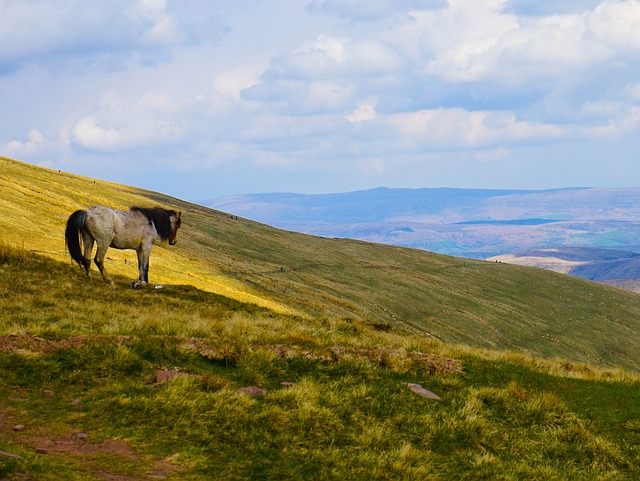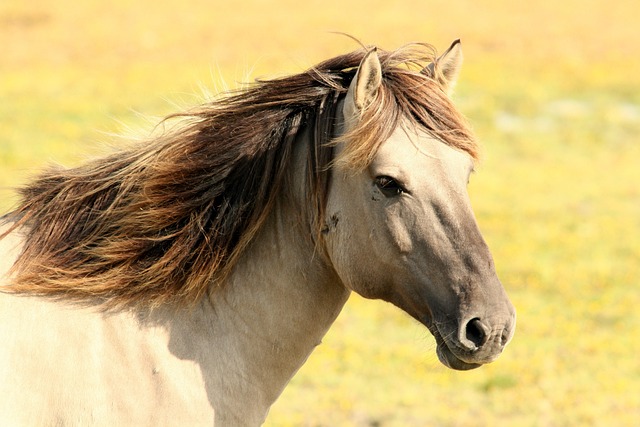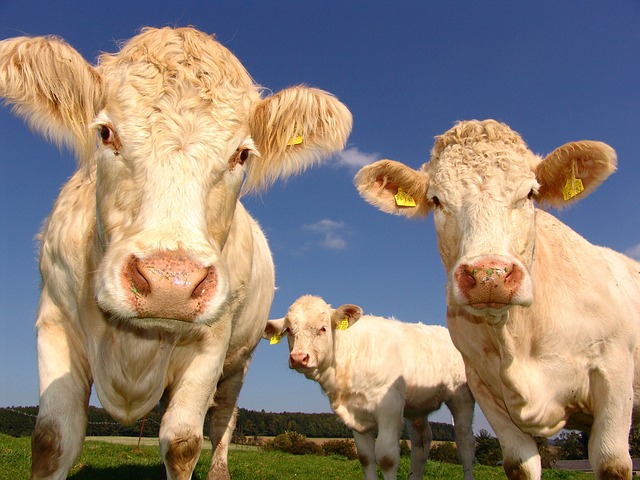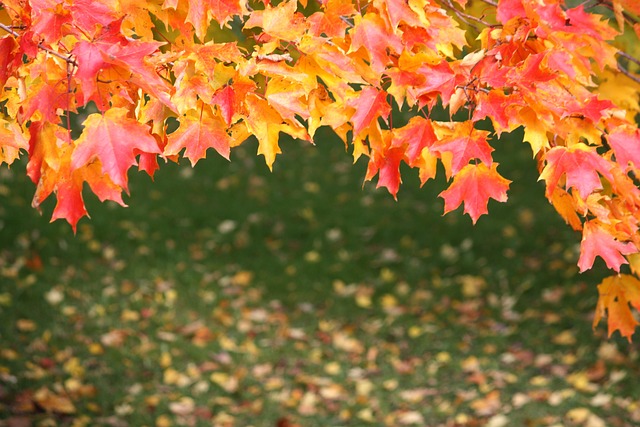
Maple trees
February 1, 2023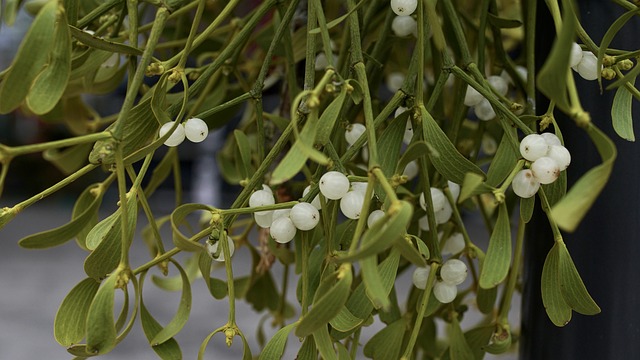
Mistletoe
February 2, 2023Monkshood, also known as Aconitum, is a beautiful yet poisonous plant native to Europe and Asia. In the UK, it is commonly found growing in damp, shady places, and is well known for its attractive blue, purple, or white hood-like flowers that bloom in the late summer. While Monkshood is a popular ornamental plant, it is also a highly toxic plant that can have serious consequences for horses and other animals if ingested.
Horses are particularly susceptible to the toxic effects of Monkshood, as the plant contains alkaloids that are highly toxic to the nervous system. If a horse ingests Monkshood, it can experience symptoms such as muscle tremors, difficulty breathing, and a slowing of the heart rate. In severe cases, the horse may become paralyzed and eventually die from respiratory failure.
It is important to note that all parts of the Monkshood plant are poisonous, including the roots, leaves, stems, and flowers. Ingestion of even small amounts of the plant can cause severe toxicity, so it is essential to be cautious when allowing horses to graze in areas where Monkshood may be growing. If you suspect that your horse has ingested Monkshood, it is crucial to seek veterinary attention immediately, as treatment is most effective if given quickly after ingestion.
To protect horses from the toxic effects of Monkshood, it is important to be aware of its presence in pastures and to remove any plants before they can be ingested by horses. It may also be necessary to fence off areas where Monkshood is growing to prevent horses from accessing the plant. If you are planting Monkshood in your garden, it is important to place it in an area where it will not pose a risk to horses, such as in a raised bed or in a location that is not accessible to horses.
In conclusion, Monkshood is a beautiful but highly toxic plant that can have serious consequences for horses if ingested. It is important to be aware of its presence in pastures and to take steps to protect horses from exposure to the plant. If you suspect that your horse has ingested Monkshood, seek veterinary attention immediately, as prompt treatment is crucial for the best outcome.

